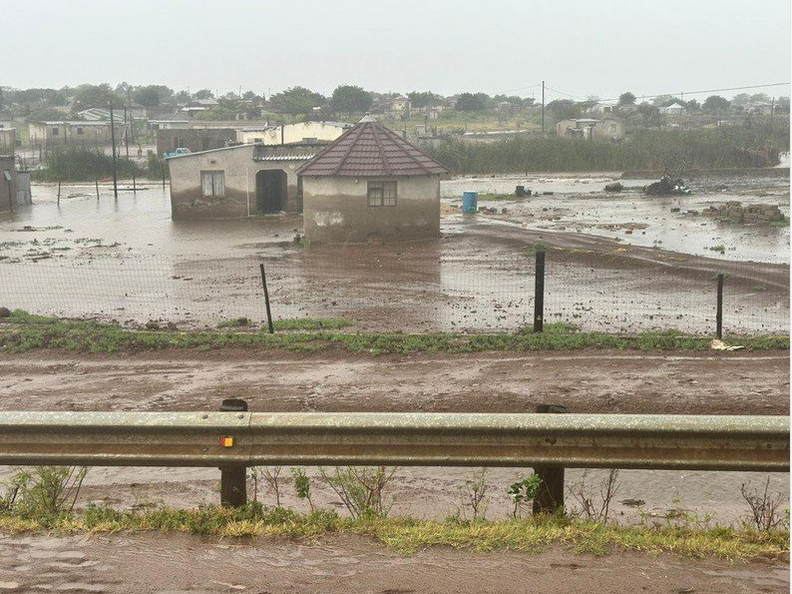The folly of fixating on price in tenders

Advertising
29-05-2015
Read : 127 times
Terry Mackenzie-hoy
Source
I have just returned from a site. It is a large site, an industrial complex. On the site there are 17 substations. There is also a power station. The power station is used at the time of power interruption.
The operators of the complex were advised of a power interruption lasting two-and-a-half hours. Thus, preparations were made to run the power station.
At the appointed time, the mains power was disconnected. The power station was started and the circuit breakers, which normally connected the complex to the mains power, were opened. The circuit breakers from the power station were then closed. They tripped immediately. As did the power station.
For two hours we tried to find out where the fault lay. We finally found that one of the mains power circuit breakers which had been opened was in fact closed. This was very mysterious. We finally found that the remote control data system had sent a false signal to close the circuit breaker after it had opened. The signal was due to a programming error. This is not the first problem that there has been with the remote control; there have been many others. Every few months, the suppliers are called in and they fix the system and say it is all working and then it breaks again.
The closing of the circuit breaker by the system is dangerous beyond belief. Tomorrow I am writing a report to my client to say that, with extreme urgency, the client must abandon the remote control data system and install another one. One that works.
The reason why there is a remote control data system which is rubbish is entirely the fault of the Department of Public Works. The department maintains that, when it goes out to tender, it must obtain prices which are fair, equitable, transparent, competitive and cost effective. In principle, no preferences should be afforded to different tenderers.
Theoretically, organs of state need not call for tenders in the case of ‘emergencies’, when a call for tenders is ‘impractical’, and/or in the case of a ‘sole supplier’. But, in practice, the Department of Public Works, municipalities, large organisations and parastatals do not do this; they give preference to black economically empowered contractors and ignore the possibility of the ‘sole supplier’ or ‘impracticality’ by getting competing tenders. Thus, in the case of the remote control data system, I had strongly recommended a system which is found in most modern oil refineries. Easy to configure, easy to use and utterly fail safe. The system is made in Japan and very costly. The contractor, in my view, was unqualified to supervise the installation of a suitable system and I pushed for the system to be directly supplied by a credible supplier, who would also be a sole supplier. I was overruled by the client (government) and the contractor was allowed to offer a system which was locally manufactured and, as can now be seen, is rubbish and life-threatening.
Somewhere, somehow, somebody has to understand that South Africa is not leading the world in electrical engineering. We are very much trailing the world. Thus, when tenders go out for the supply of goods, the very first question that should be asked is: Should we go out to tender at all? Would it not be wiser to negotiate prices and evaluate offers in an even way rather than just take the lowest price and the word of the supplier that the equipment will do the job?
All around us, we have vendors who offer us goods which are enticing and have certain abilities with some more than others. Nobody in their right mind would, for example, put out a tender for the supply of a cellphone. The only way to buy cellphones would be by negotiation. The same applies to computers. The same applies to safety equipment. But, with electrical equipment, there is some mythological belief that all the equipment out there is the same. And it is not. The difference is that, when a cellphone or a computer does not work, it is unlikely to kill somebody. I really wish they would just change the tender system
Recent News
Here are recent news articles from the Building and Construction Industry.
Have you signed up for your free copy yet?









